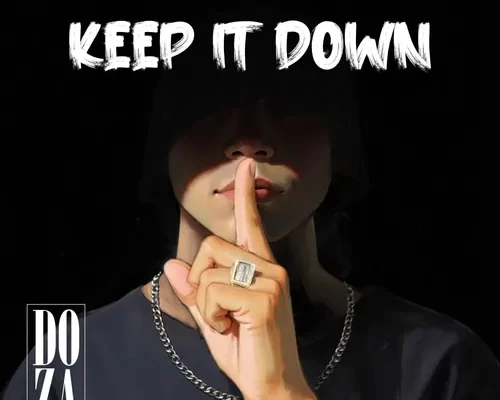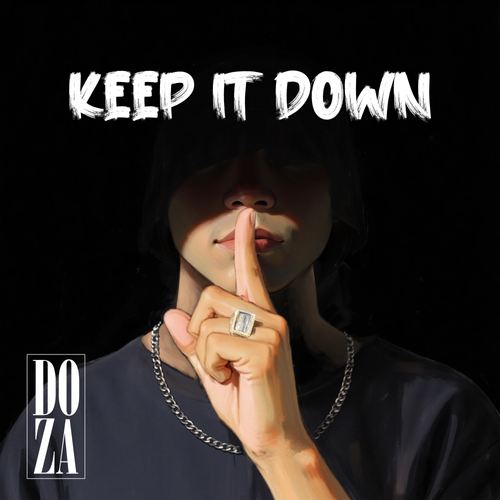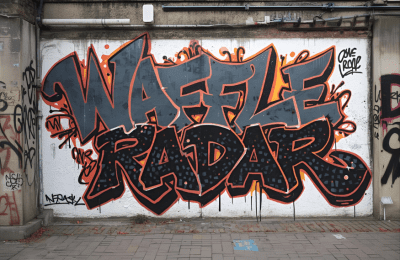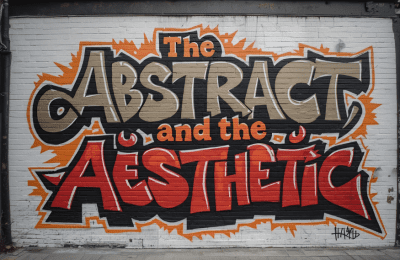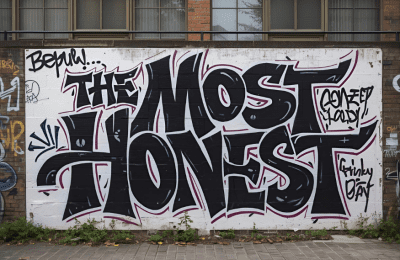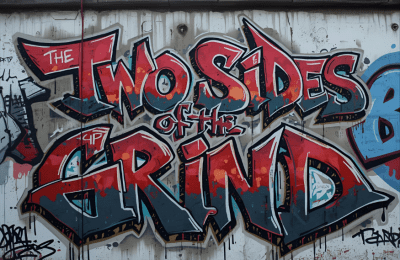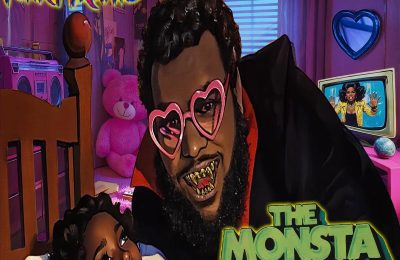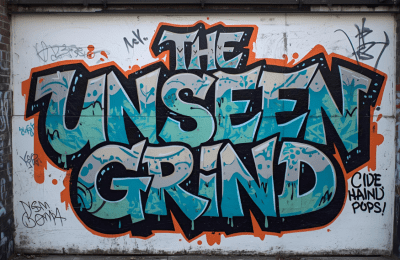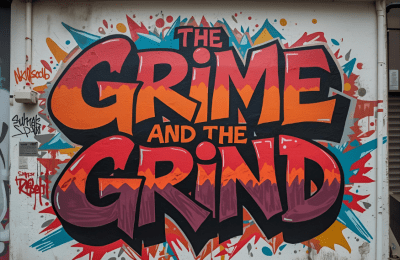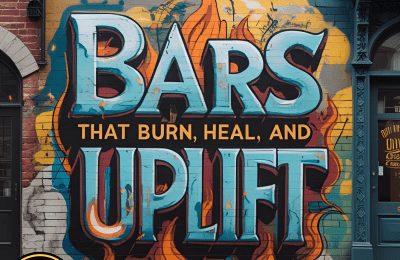Hailing from the sprawling, late-night labyrinth of Los Angeles, Doza is a Filipino-American MC whose bars don’t just snap — they instruct. Pulling from West Coast hip-hop roots while channeling sharp introspection, he blends storytelling with social grit. His latest release, “Keep It Down,” is the second single off his upcoming album Toxicfckboyhondacivicmuzik — a tongue-in-cheek title that masks the focused precision of a rapper with things to say and zero time to waste.
Doza’s cultural duality — bridging Filipino heritage and LA street lore — brings a unique lens to boom bap traditions. And with production from Jason “Salty Beats” Salter, the track is dusted with golden-era textures reminiscent of The Pharcyde, laced with modern urgency. But this isn’t throwback rap for nostalgia’s sake — it’s classroom wisdom disguised as corner cipher bars.
“Keep It Down” opens with no ceremony. No hook, no fluff — just a verse, delivered with the cool confidence of a seasoned orator who’s walked through the public school system, seen the cracks, and decided to speak louder.
In a scene that often overlooks the educational voids left in underserved communities, Doza offers a reminder: if you weren’t taught how to speak, rhyme might be your first textbook. His flow is calculated but relaxed, unfurling observations that feel like notes jotted on a classroom desk between periods — messages passed quietly to the back of the room, warning about life beyond the hall pass. When the hook finally arrives around 0:55, it doesn’t relieve tension — it magnifies it, as if to say: “You heard the verse. Now internalize it.”
Doza doesn’t preach. He codes. Through an academic but approachable lens, he spotlights the education gap in low-income neighborhoods, where young voices are either silenced or funneled into systems that never saw them coming. But instead of bitterness, there’s calculation — a poetic awareness of his own role as a vessel of perseverance. This is a record built for overlooked spaces: hallway speakers, underfunded community centers, bus rides across the city to get to better schools.
More than a song, “Keep It Down” is a living curriculum on resistance. It’s rap as praxis. It recognizes that sometimes survival means learning how to decode the streets when the textbooks don’t apply — and still finding your voice when no one hands you a mic.

